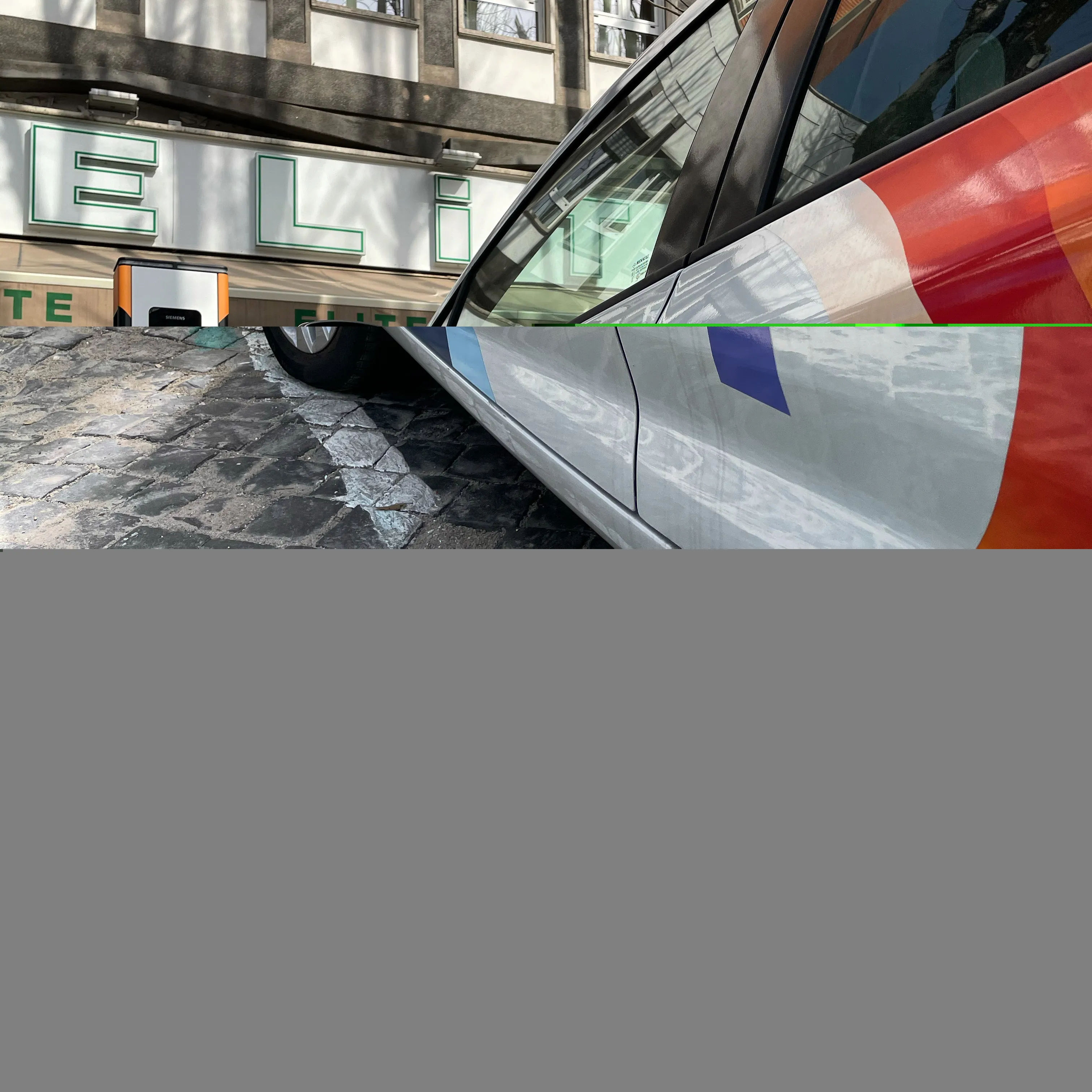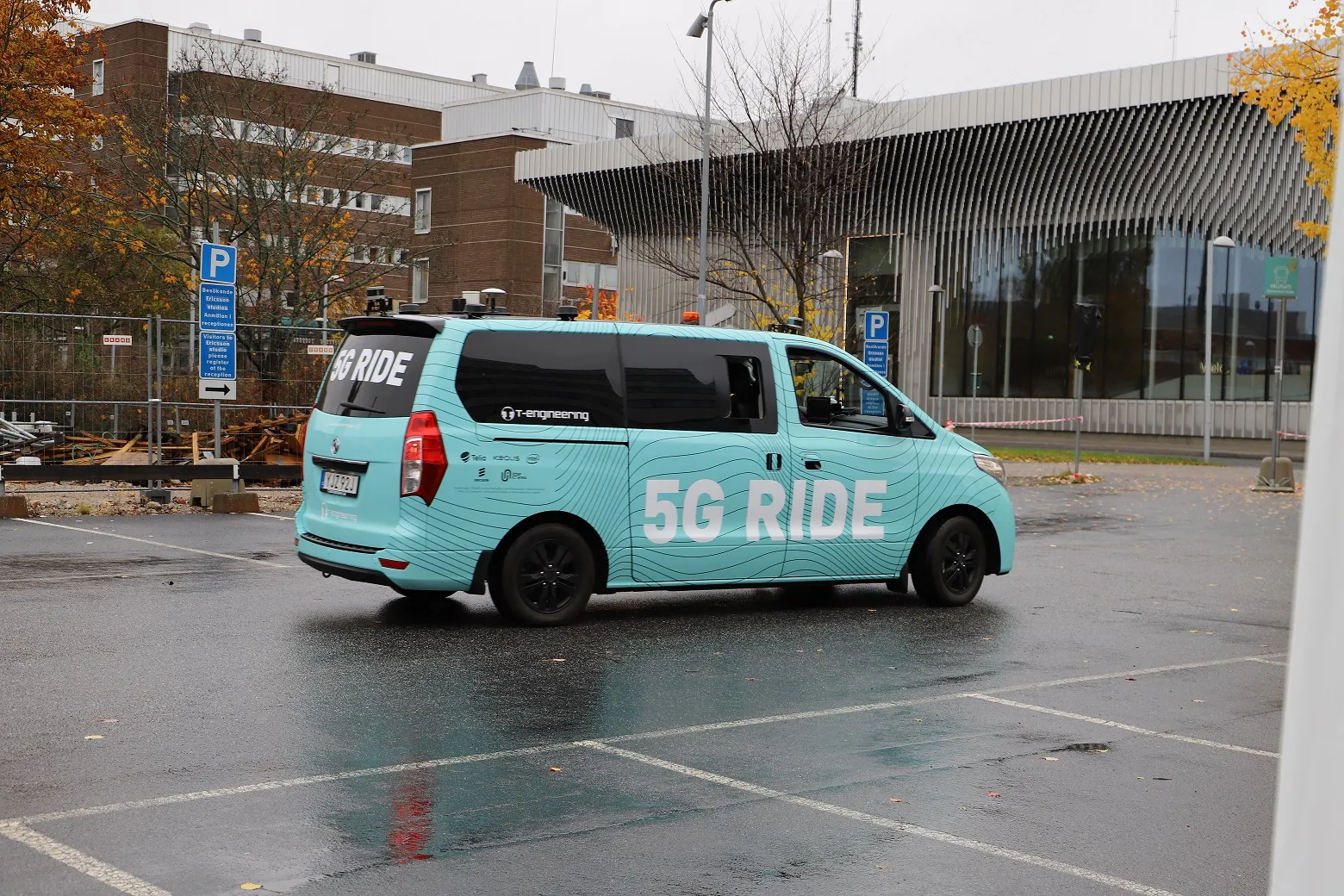
Siemens Smart Infrastructure is providing start-up On with 120 charging stations and cloud-based software for an electric vehicle (EV) sharing service in the Italian city of Rome.
Siemens says its compact Sicharge AC22 charging stations can charge two EVs simultaneously via two outlets with a capacity of 22 kW.
The two 230 Volt AC power sockets can also charge electric bikes, e-scooters and other small EVs.
The stations are connected to the E-Car operating centre, Siemens’ cloud-based charging infrastructure software.
The operating centre allows users to manage the charging infrastructure and charging events as well as export processed data to adjacent systems for use in the in further processes such as billing.
This data is used by the On app to show users where all Siemens charging points are located on a map, as well as their availability and operational status in real-time.
The drivers can start the charging process and access related payment services on the smartphone app that is provided along with the web-based backend software.
Jean-Christoph Heyne, head of future grids at Siemens Smart Infrastructure, says: “Switching to electric vehicles is only one part of the transformation to future urban mobility. It is also about providing flexibility and availability, for example by sharing e-cars or other alternative means of transportation, such as e-bikes. A connected charging infrastructure, comprising hardware and software, creates the basis for such services.”
Separately, Rome is implementing a sustainable urban mobility plan to support a transition to cleaner and better urban transport.
The plan is seeking to implement car-sharing and bike-sharing as part of a goal to promote public health and environmental sustainability.
On managing director Alessandro Di Meo says: “We are convinced that with our new zero-emission mobility project, which we just started with Siemens, we can make a meaningful contribution to Rome’s future plans. With this new sharing service, citizens and visitors can experience an integrated mobility environment that enables the sharing use of e-bikes, e-scooters and e-cars.”
The first 23 stations have already been installed in the centre of Rome, and the rest will follow during the year.










